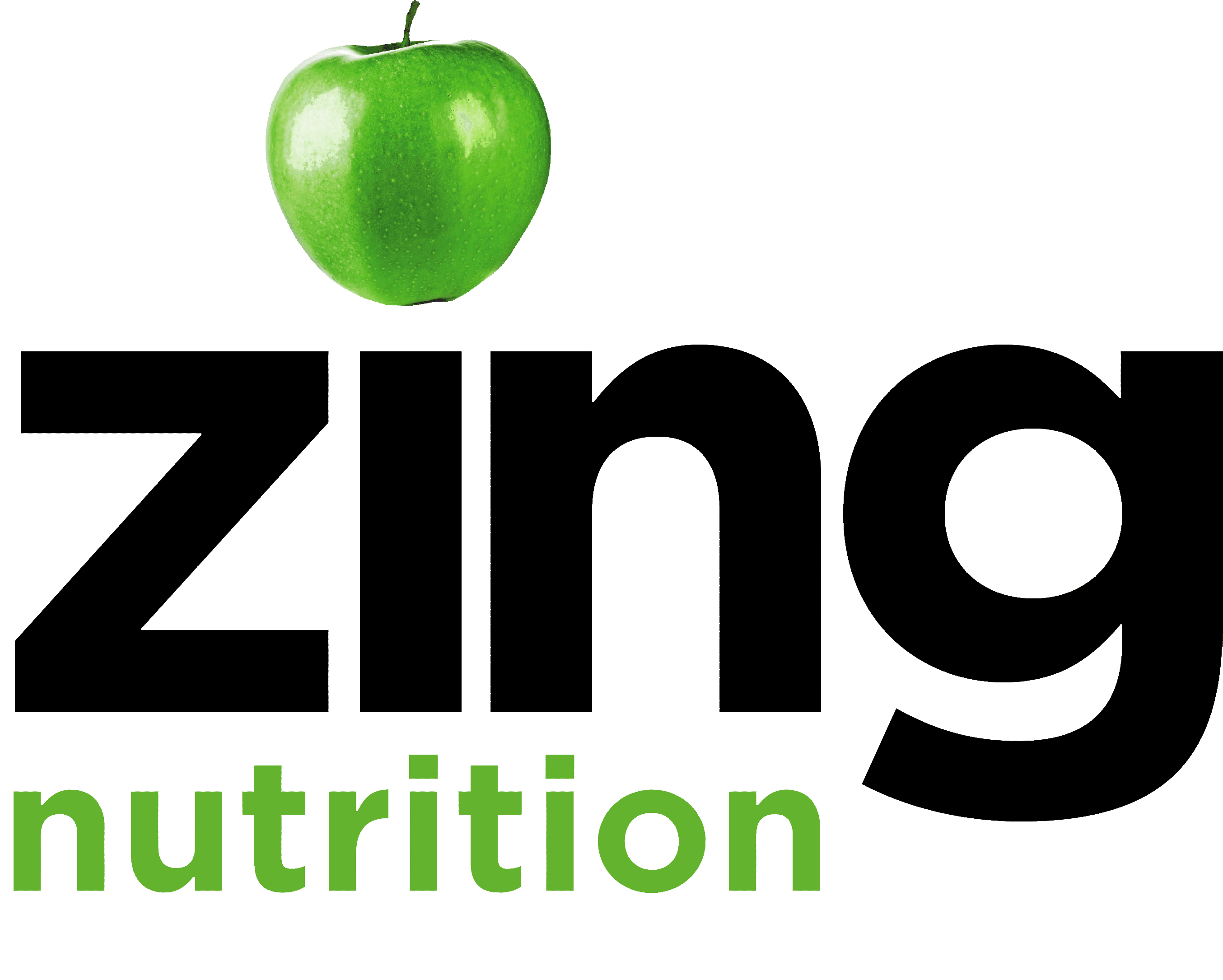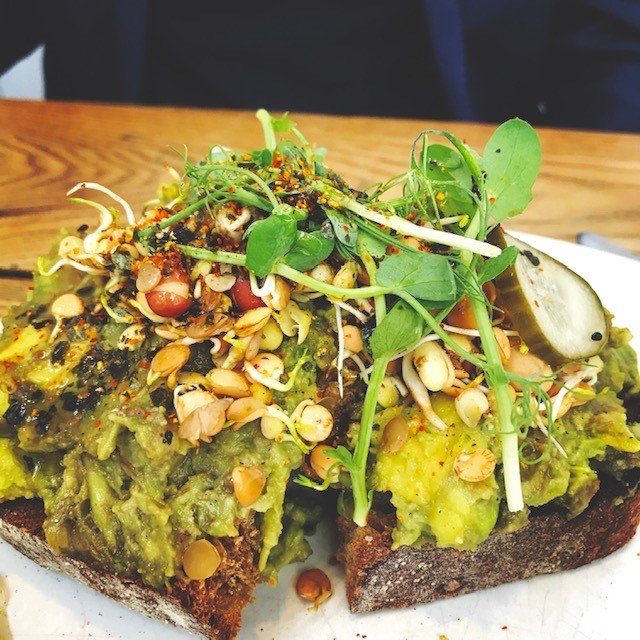Eating a vegan diet can be a healthy way to eat when your meals are full of vegetables, fruits, beans and whole grains. You need a well-planned vegan diet to make sure you get your essential nutrients and avoid eating only processed vegan foods. Here are 7 simple and essential tips for how to be healthy as a vegan by following a good diet. Even if you’re just trying to adopt a more plant-based diet for better health, these tips are a great way to get started.
-
Make vegetables the number 1 ingredient in your meals
Veggies are packed full of vitamins, minerals and phytonutrients and their fibre content is great for the gut and keeping you feeling full.
-
Eat a good variety of foods
Variety in your diet will ensure that you’re getting all the nutrients you need for health. For example, you’ll get protein and fibre from beans and leafy greens are great sources of vitamins A, C and K. Many of the health benefits of fruit and vegetables come from the pigmentation in their various colours. Red tomatoes have heart-healthy lycopene, blue blueberries have brain-boosting anthocyanins and orange sweet potatoes have lots of vitamin A to help keep eyes healthy.
-
Choose whole grains
Go for whole grains to ensure a good supply of B Vitamins and fibre which will have been stripped from the white processed versions such as white bread, rice and pasta.
-
Explore the many varieties of vegan protein
It’s not as difficult as you might imagine getting a good variety of plant-based protein into the diet. Sources include tofu, tempeh, edamame (soybeans), lentils, chickpeas and beans. Nuts, like almonds and walnuts, and seeds, like sunflower and pumpkin seeds, also contain protein as well as essential fats.
-
Don’t assume vegan food products are a healthy option
Mass-produced vegan products are often made with weird and wonderful chemicals to make them resemble their non-vegan version. Instead choose whole, nutritious foods that just happen to be vegan, such as carrots with hummus or oatcakes with guacamole. My health plans and programmes can help those on a vegan diet make better choices.
-
Pump up your iron
Animal proteins like meat and chicken are the best sources of iron but vegans can still get this mineral from beans and leafy greens, but iron from plant sources (non-heme iron) isn’t as easily absorbed as it is from meat sources (heme iron). To get the most of plant-based iron, eat iron-rich foods with vitamin-C rich foods, which helps boost absorption, and not at the same time as calcium-rich foods, which can inhibit iron absorption.
-
Supplement the diet to insure against nutrient losses
I would strongly advise supplementing with a Vegan based Omega Fatty Acid containing DHA and EPA, B12 and Vitamin D which are all difficult to obtain from a vegan diet.
If you’re thinking of going Vegan and are curious about how to be healthy as a vegan, but need expert advice and guidance please book a health assessment to discuss.

